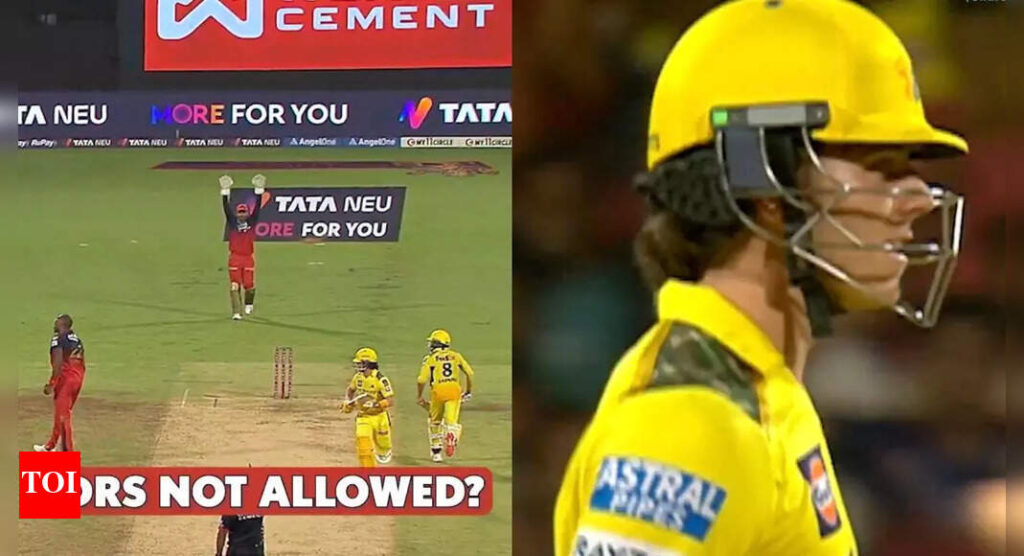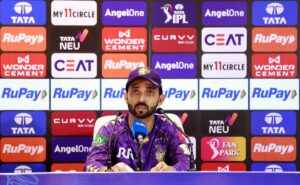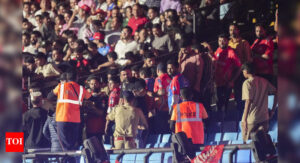
6 airports you’ll want to visit even if you’re not flying
Stephen Fleming Reflects on Controversial Dewald Brevis Dismissal in RCB vs CSK IPL 2025 Match
Table of Contents
Dewald Brevis was dismissed under controversial circumstances during the IPL 2025 match between Royal Challengers Bengaluru and Chennai Super Kings. (Image: X)
Incident Overview
A controversial LBW decision involving Dewald Brevis during the IPL 2025 match between Chennai Super Kings and Royal Challengers Bengaluru at M Chinnaswamy Stadium has sparked intense debate in the cricket community. The incident, which occurred during a crucial phase of the match, has raised questions about the implementation of the Decision Review System (DRS) and its time constraints.
Key Points of Controversy:
• LBW decision against Dewald Brevis
• Missed DRS review window
• Ball would have missed leg stump
• Confusion during running between wickets
Match Situation
The critical moment unfolded in the 17th over of CSK’s chase of 214 runs. Lungi Ngidi delivered a knee-high full toss that struck Brevis on the pad, leading to an immediate appeal and the umpire raising his finger. The situation became more complex when Brevis and Ravindra Jadeja continued running between wickets, unaware of the immediate need for a review decision.
Match Context:
• 17th over of CSK’s innings
• Chasing target of 214 runs
• Crucial partnership building
• High-pressure situation
Fleming’s Perspective
CSK coach Stephen Fleming provided valuable insights into the controversial incident. According to Fleming, the confusion arose from multiple simultaneous events: the LBW appeal, the running between wickets, and the ball potentially going to the boundary. This combination of factors contributed to the delay in requesting the DRS review.
Fleming’s Key Points:
• Multiple events occurring simultaneously
• Players’ focus on running between wickets
• Confusion over ball trajectory
• Time management challenges
DRS Rules and Time Limits
The IPL 2025 playing conditions are explicit about the DRS process. Players have a strict 15-second window between the ball becoming dead and requesting a review. This time limit is non-negotiable, and umpires have the authority to decline review requests if they believe this window has been exceeded.
DRS Protocol:
• 15-second review window
• Timing starts when ball becomes dead
• Clear signal required from batsman
• Umpire’s discretion on time limit
Impact Analysis
The incident had significant implications for both teams. For CSK, it meant losing a wicket that replays later showed should not have been given out. The confusion during the running between wickets also meant that potential runs were lost, adding to the impact of the decision.
Match Impact:
• Loss of crucial wicket
• Potential runs not counted
• Momentum shift in game
• Strategic implications
Published on May 3, 2024






